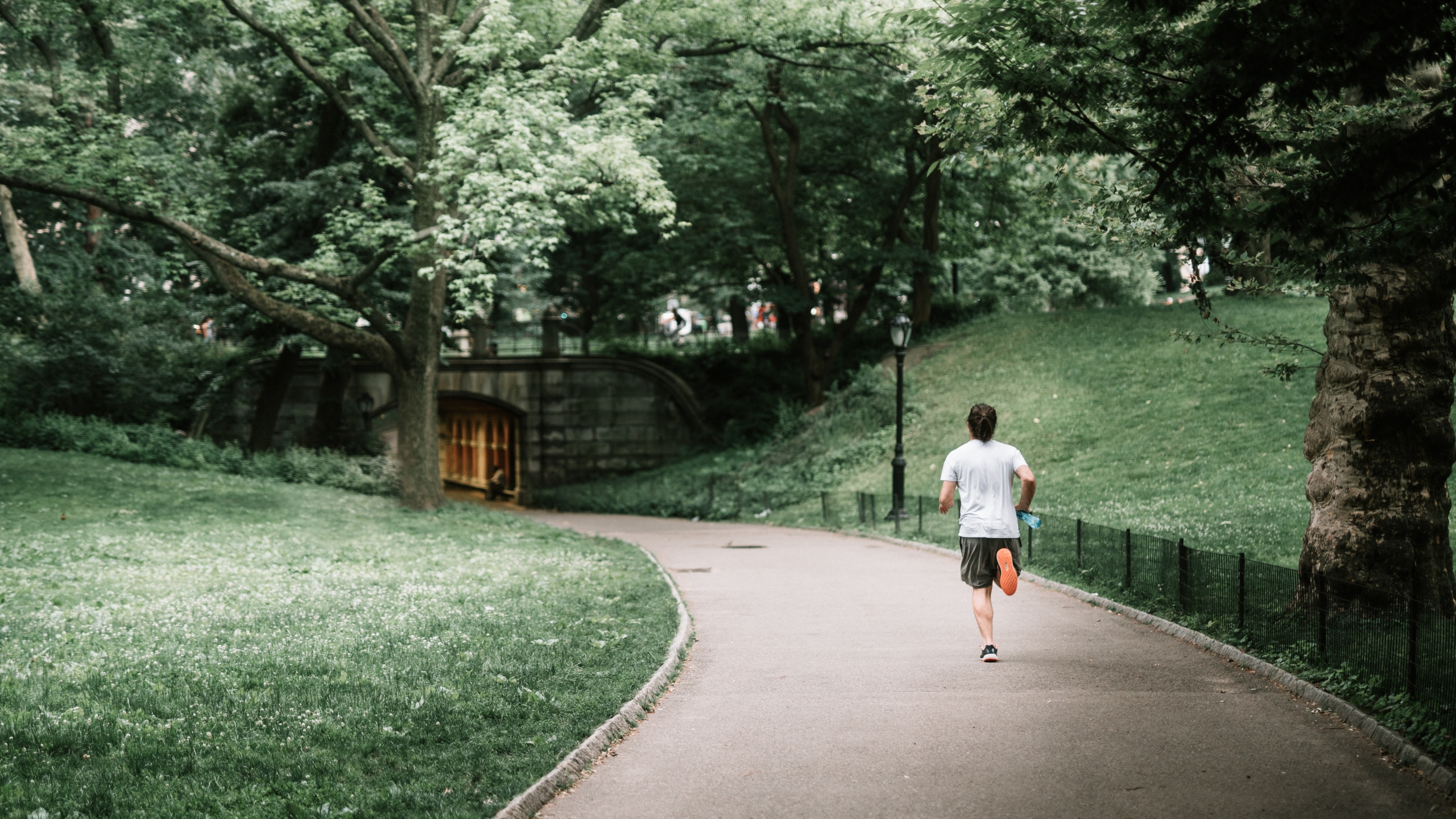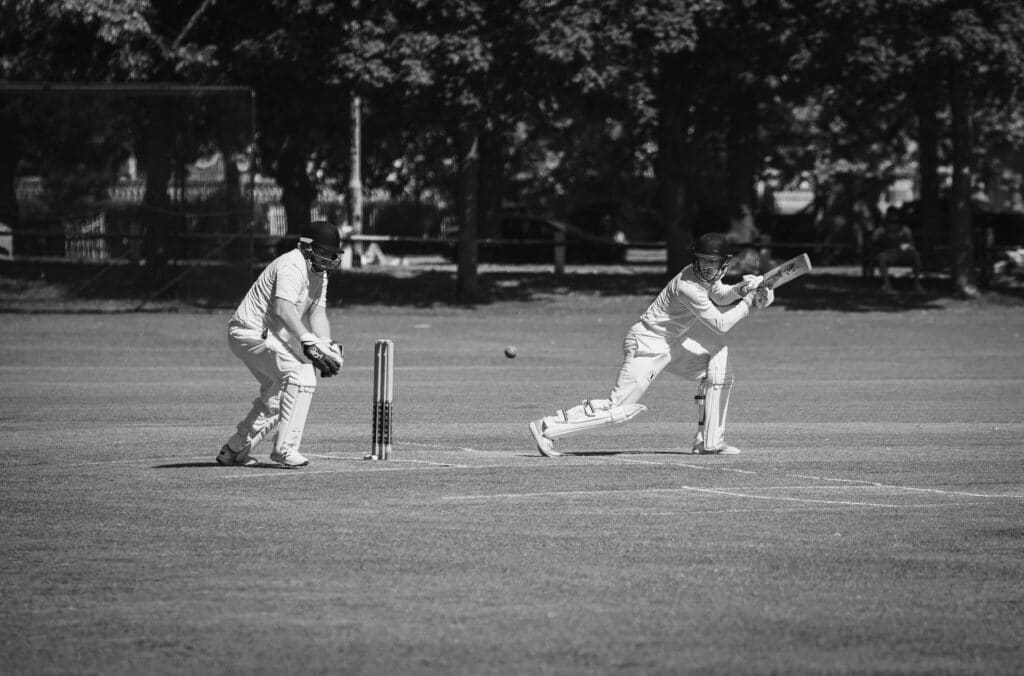Knee pain with running
What we’ll cover
Knee pain with running
With many of us using running as a form of exercise throughout these restrictions, knee pain is commonly associated with running or cycling. Whether you are just starting out or training for a marathon, knee pain can be incredibly frustrating. Importantly, knee pain associated with running does not necessarily mean stopping or finding alternative exercises. Our physiotherapist Jason Lee identifies common causes of knee pain which may affect your running.
What is runner’s knee?
Runner’s knee is a very common term which covers a broad spectrum of conditions that commonly affects the patella (knee cap). Symptoms commonly include pain around the front of the knee which may become exacerbated with increases in loading such as running, jumping or stairs. In the early stages, pain may appear to warm up and disappear but progressively may worsen over time.
Whilst it is commonly referred to as runner’s knee, these symptoms are not only associated with running. The two main conditions that are associated with runner’s knee including knee cap maltracking (patella femoral pain syndrome) and iliotibial band syndrome.
Iliotibial band (ITB) syndrome
Iliotibial band syndrome commonly causes pain on the outside/lateral aspect of the knee. The ITB is a thick fibrous band that runs from the outside of the hip, down the side of the thigh and below the knee. With repetitive overload, the ITB can begin to rub and irritate structures around the outside of the knee. This can result in knee pain that appears whilst running but may subside during the run. ITB syndrome does not usually cause pain when not running.
Patella femoral pain syndrome
Patella femoral pain syndrome is commonly caused by a muscle strength imbalances or tight structures around the knee and thigh. This results in reduced alignment of the knee cap as it moves with bending or straightening. This commonly causes pain when loading is increased through through the lower limb. In more severe cases, symptoms and pain can also occur with sustained postures either when the knee is bent past 90 degrees or totally straight.
What causes runner’s knee?
Runner’s knee is commonly caused by overuse and overloading structures around the knee. This can be caused by poor training habits such as increasing speed or distance too quickly or rapidly.
Another common cause of runner’s knee is poor biomechanics. This can include weakness around the gluteal muscles and quadriceps. Other biomechanical factors can be reduced flexibility through the muscles including the hamstrings or hips. Foot posture such as pronation (flat feet) or supination (high arches) can also contribute to cause runner’s knee.
What can I do for runner’s knee?
Importantly, runner’s knee isn’t a structural issue. As a result, improving strength and flexibility is the best way to treat runner’s knee. Your physiotherapist is well placed to perform a thorough assessment to identify what factors may be primarily causing your sign and symptoms. Physiotherapy for runner’s knee involves assessing your strength and flexibility. Our team at Malvern East Physiotherapy will also perform a thorough running assessment utilising video analysis.
If you are experiencing runner’s knee, it is important to ice the knee after running or exercise. Continuing to run but adjusting the distance or type of running that you are doing to maintain load whilst not exacerbating symptoms is also crucial. Your physiotherapist is well placed to modify your running load and recommend the appropriate distances and speed based on your previous training. Modifying exercise to incorporate cross training such as cycling or swimming can be beneficial to maintain cardiovascular fitness without exacerbating symptoms.
Exercises for runner’s knee?
Exercises that focus on improving gluteal and hip strength are very important as part of preventing runner’s knee. These exercises can use your body weight and if required, resistance bands. Great exercises include bridges, clam shells, squats and lunges.
Should you be experiencing runner’s knee, contact our team or book online today.














